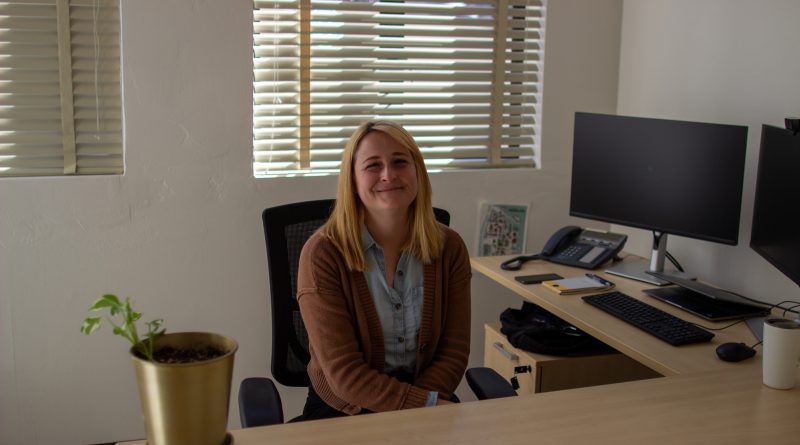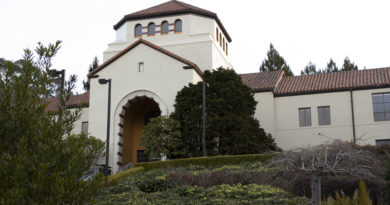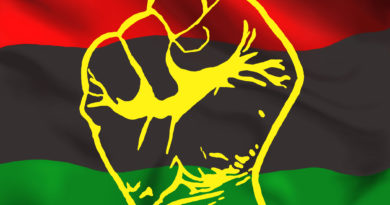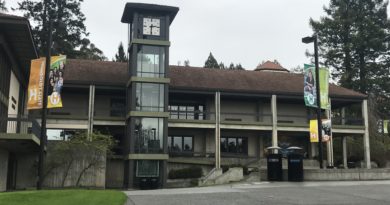University hires coordinator to begin the repatriation of Indigenous item collection
by Peyton Leone
Cal Poly Humboldt hired Megan Watson as the Native American Graves Protection and Repatriation Act coordinator. Her role is to facilitate the transfer of legal ownership of cultural items collected by the anthropological department with oversight of a council chosen by the Native American Heritage Commision.
The Native American Graves Protection and Repatriation Act was passed in 1990 and required federally funded organizations to return human remains and objects stolen from burial sites of Indigenous peoples.
In 2001, CalNAGPRA was passed and required state-funded groups to begin the process of returning items that fall under four categories.
According to the Native American Heritage Commision (NAHC), a California committee that was created to facilitate the protection of Indigenous cultures and religions in the state, NAGPRA requires repatriation of:
-Human Remains
-Items from funeral sites
-Sacred objects (Items of cultural significance)
-Objects of cultural patrimony (Items meant to be passed down through generations)
Watson said the school does not believe items in their collection meet the definitions of CalNAGPRA and they have made it clear that those determinations are not to be decided by themselves, but through guidance and knowledge of the Indigenous peoples.
Recent CalNAGPRA legislation was passed to specifically address the stagnation of repatriation on California State University campuses.
Next steps toward repatriation
The collection is to remain sealed until CPH has established a committee to oversee the process of cataloging each item and establishing communication with all affiliated tribes.
“The official campus committee will be made up of members of tribes as well as faculty members from the campus,” Watson says.
“Everything that has any potential for tribal affiliation we included those in the inventories, regardless of whether or not they met the strict definitions. Tribes should have a say as to if those items are important and what should happen to those items and where those items should go,” said Marrissa Ramsier, department chair of anthropology and formerly the interim NAGPRA coordinator before Watson.
A summary list is to be created with the oversight of a council created with the help of NAHC. THis was not previously done here at Cal Poly Humboldt. The oversight of tribal members is legally required for the process.
“When we first started looking at the collections we should’ve had tribes come in before we started looking and doing our summary and consulting on the process that should happen around looking at that,” said Ramsier.
Under CalNAGPRA, colleges need to set up consultations and oversight committees for their collections and cannot use them for teaching or research purposes.
“I consider CalNAGPRA to be more inclusive because there’s also the consideration that non-federally recognized tribes have to be repatriated as well,” said Kayla Begae, an associate professor in the Native American Studies department.
“Everything that has any potential for tribal affiliation we included those in the inventories regardless of whether or not, if they met the strict definitions. Tribes should have a say as to if those items are important and what should happen to those items and where those items should go,” said Ramsier who formerly worked as the interim NAGPRA coordinator..
The process starts with creating preliminary summaries of items in the collection with tribes with the Native American Heritage Commission. Tribes have 30 days to review, object or dispute in order for the process to start. Afterwhich, additional tribes can visit the collection and ensure that all affiliated people have been contacted. A final 90-day period takes place where the summary list is open to objections. After the 90 days, repatriation begins.
Since repatriation is to return legal control of the items, it is fully dependent on the will of each tribe to determine what they want to happen.
“Some tribes may also want the physical return of those items, some tribes may not have a space for those items to go right away and they may want them housed on campus still, and we can facilitate either of those,” said Watson.
The College of Arts and Humanities and Social Sciences has funding set aside for travel costs for Indigenous people who have affiliation to the items in each collection. People who are unsure if they are affiliated with items in the collection are also invited.
“We have an open invitation to tribes to visit our collection anytime. Right now the collections are in a secured climate-controlled collections facility,” Ramsier said.




